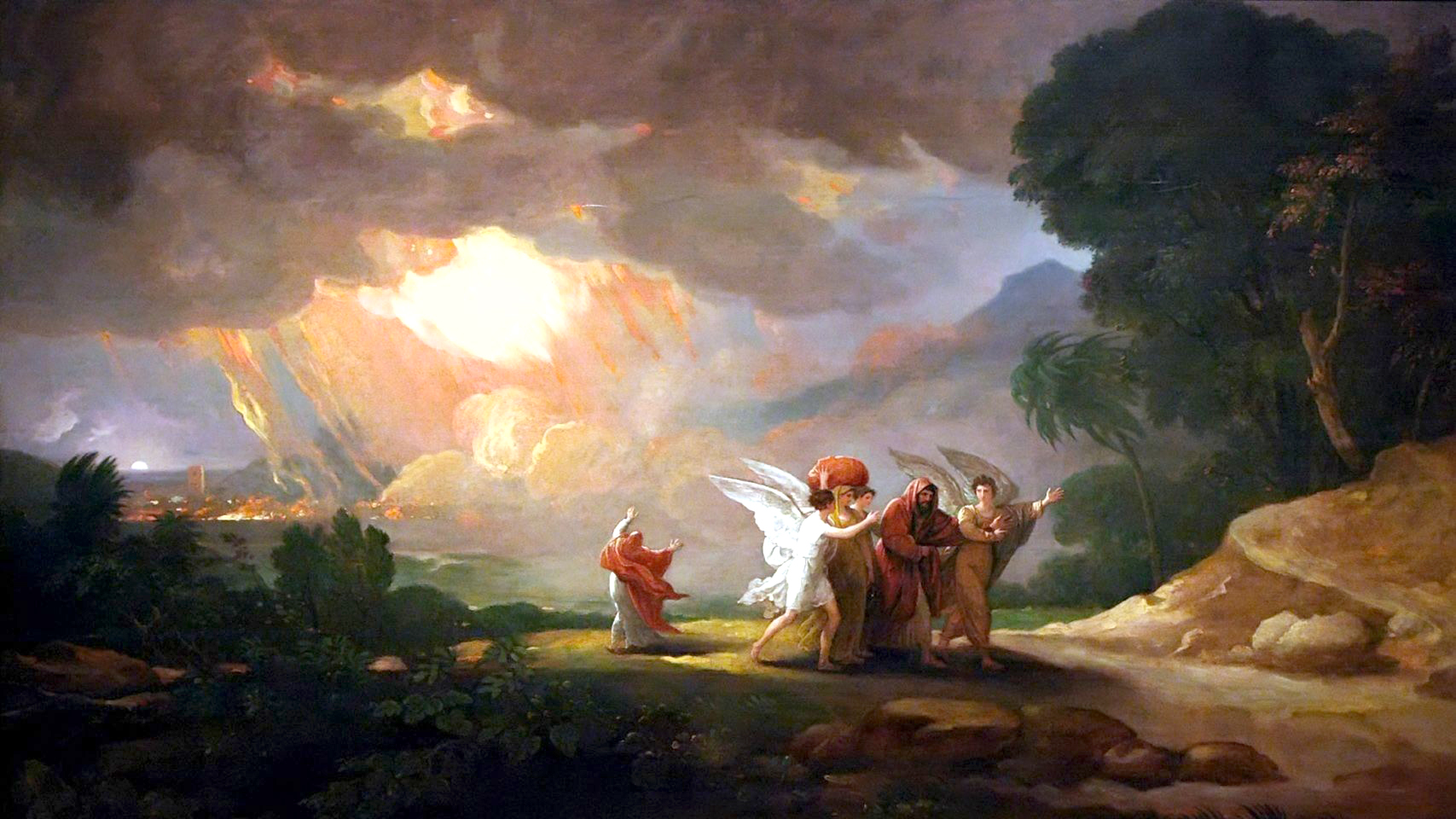Sodom, the infamous Old Testament city destroyed in a hail of fire and brimstone, has been found.
At least, that's what archaeologist Steven Collins believes about Tall el-Hammam, a site he has been excavating in Jordan for eight years. His most recent dig began January 31 and ends February 28.
If he's right, then the Old Testament chronologies taught in Bible courses will have to be revised. But is he?
Located nine miles northeast of the Dead Sea, Tall el-Hammam is 100 acres of immense fortifications, with walls and ramparts up to 150 feet thick. No other Bronze Age site in Jordan's Rift Valley comes close in size. Clearly it was an important city—just the kind of Bronze Age capital that Genesis suggests for Sodom.
And its end was apparently cataclysmic. "The latest Middle Bronze Age layer at Tall el-Hammam consists of 1.5 to 3 feet of heavy ash and destruction debris," Collins wrote in Biblical Archaeology Review.
But there's one major problem: The pottery in that destruction layer dates to 1650-1600 B.C. That's a date barely two centuries before the Exodus, according to conventional biblical chronology.
Evangelical Bible scholars believe a much longer period is needed to account for the time of the patriarchs and the Israelites' time in Egypt. Thus, most do not accept Collins's identification.
Eugene Merrill, distinguished professor of Old Testament at Dallas Theological Seminary, critiqued Tall el-Hammam in the Autumn 2012 issue of Artifax, a quarterly magazine published by the Near East Archaeological Society and the Institute for Biblical Archaeology. "The date in the best manuscripts and the most sound hermeneutic demands the overthrow of Sodom at 2081 B.C., completely removing Tall Hammam from consideration," he wrote.
However, Collins does not accept the pre-Iron Age biblical chronology. "The Bronze Age patriarchal numbers cannot be equated in any way with our modern concept of absolute dating," he wrote in his own defense in Artifax.
Evangelical scholars such as Bill Schlegel, at the Israel Bible Extension of The Master's College, dispute the descriptions in Genesis that Collins uses in his rationale for locating Sodom. The descriptions are imprecise enough to support either a site north of the Dead Sea on the Plain of Jordan (in Genesis 13), or in the Valley of Siddim (Genesis 14), conventionally associated with the southern Dead Sea area.
"If one rejects biblical chronology and the biblical requirements for Sodom," said Bryant Wood of Associates for Biblical Research, "then one can place Sodom wherever one wishes."
Archaeologists and Bible scholars remain excited about Collins's excavation. Clearly, he's on to something big. But whether Tall el-Hammam is Sodom remains to be seen. So far, no compelling evidence has been revealed.
Editor's note: Govier is editor of Artifax.









